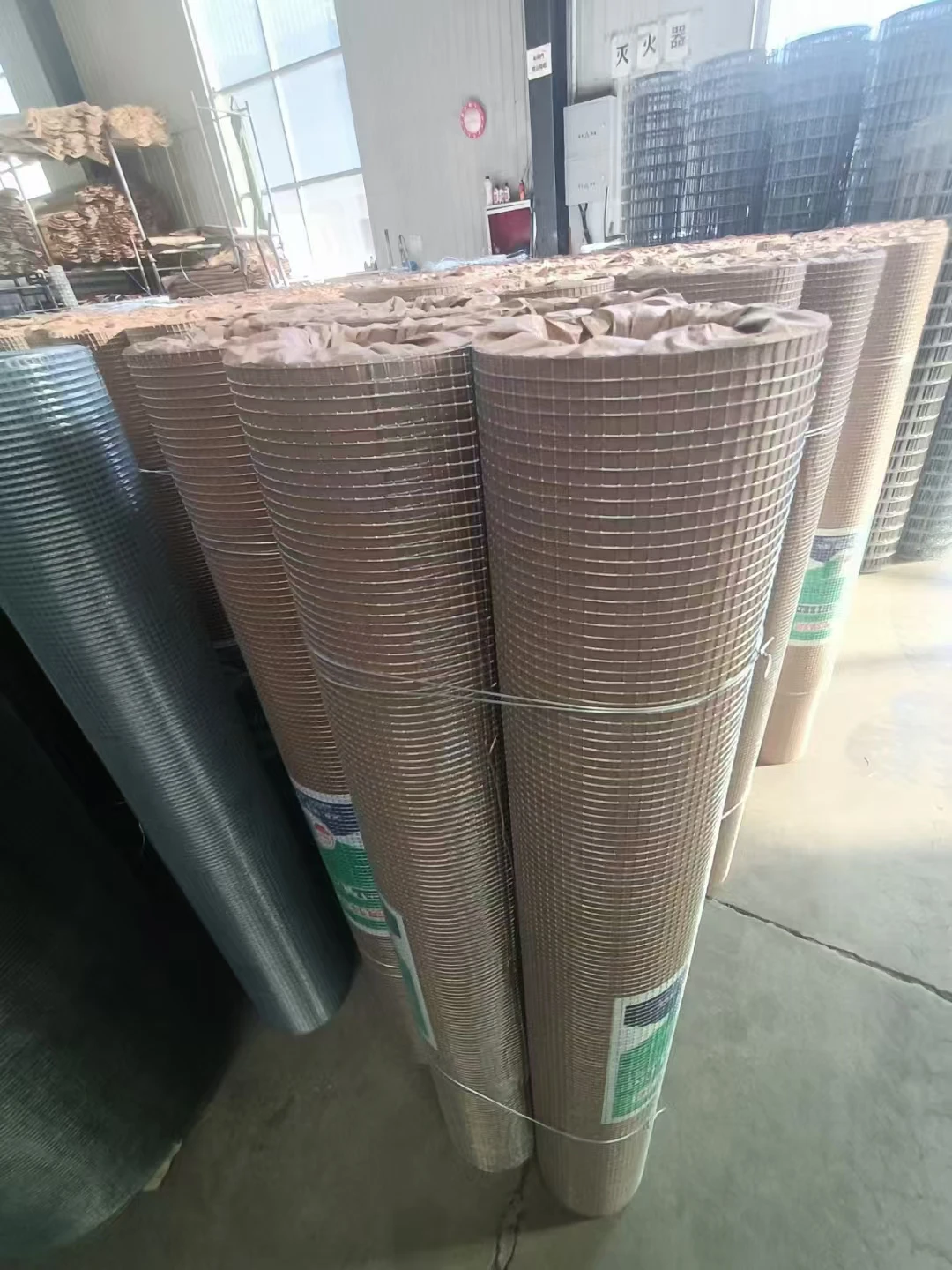-
 Afrikaans
Afrikaans -
 Albanian
Albanian -
 Amharic
Amharic -
 Arabic
Arabic -
 Armenian
Armenian -
 Azerbaijani
Azerbaijani -
 Basque
Basque -
 Belarusian
Belarusian -
 Bengali
Bengali -
 Bosnian
Bosnian -
 Bulgarian
Bulgarian -
 Catalan
Catalan -
 Cebuano
Cebuano -
 China
China -
 Corsican
Corsican -
 Croatian
Croatian -
 Czech
Czech -
 Danish
Danish -
 Dutch
Dutch -
 English
English -
 Esperanto
Esperanto -
 Estonian
Estonian -
 Finnish
Finnish -
 French
French -
 Frisian
Frisian -
 Galician
Galician -
 Georgian
Georgian -
 German
German -
 Greek
Greek -
 Gujarati
Gujarati -
 Haitian Creole
Haitian Creole -
 hausa
hausa -
 hawaiian
hawaiian -
 Hebrew
Hebrew -
 Hindi
Hindi -
 Miao
Miao -
 Hungarian
Hungarian -
 Icelandic
Icelandic -
 igbo
igbo -
 Indonesian
Indonesian -
 irish
irish -
 Italian
Italian -
 Japanese
Japanese -
 Javanese
Javanese -
 Kannada
Kannada -
 kazakh
kazakh -
 Khmer
Khmer -
 Rwandese
Rwandese -
 Korean
Korean -
 Kurdish
Kurdish -
 Kyrgyz
Kyrgyz -
 Lao
Lao -
 Latin
Latin -
 Latvian
Latvian -
 Lithuanian
Lithuanian -
 Luxembourgish
Luxembourgish -
 Macedonian
Macedonian -
 Malgashi
Malgashi -
 Malay
Malay -
 Malayalam
Malayalam -
 Maltese
Maltese -
 Maori
Maori -
 Marathi
Marathi -
 Mongolian
Mongolian -
 Myanmar
Myanmar -
 Nepali
Nepali -
 Norwegian
Norwegian -
 Norwegian
Norwegian -
 Occitan
Occitan -
 Pashto
Pashto -
 Persian
Persian -
 Polish
Polish -
 Portuguese
Portuguese -
 Punjabi
Punjabi -
 Romanian
Romanian -
 Russian
Russian -
 Samoan
Samoan -
 Scottish Gaelic
Scottish Gaelic -
 Serbian
Serbian -
 Sesotho
Sesotho -
 Shona
Shona -
 Sindhi
Sindhi -
 Sinhala
Sinhala -
 Slovak
Slovak -
 Slovenian
Slovenian -
 Somali
Somali -
 Spanish
Spanish -
 Sundanese
Sundanese -
 Swahili
Swahili -
 Swedish
Swedish -
 Tagalog
Tagalog -
 Tajik
Tajik -
 Tamil
Tamil -
 Tatar
Tatar -
 Telugu
Telugu -
 Thai
Thai -
 Turkish
Turkish -
 Turkmen
Turkmen -
 Ukrainian
Ukrainian -
 Urdu
Urdu -
 Uighur
Uighur -
 Uzbek
Uzbek -
 Vietnamese
Vietnamese -
 Welsh
Welsh -
 Bantu
Bantu -
 Yiddish
Yiddish -
 Yoruba
Yoruba -
 Zulu
Zulu
fine nylon netting
The Versatility of Fine Nylon Netting
Fine nylon netting is a remarkably versatile material that has found applications in various industries due to its unique properties. Made from high-strength nylon fibers, this lightweight mesh fabric exhibits durability, flexibility, and resilience against harsh environments. With a variety of uses spanning from industrial applications to household items, fine nylon netting is an indispensable resource in modern manufacturing and everyday life.
Industrial Applications
One of the primary uses of fine nylon netting is in the industrial sector. Its strength and resistance to abrasion make it an ideal choice for filtration processes in chemical and food industries. Fine nylon mesh can effectively separate solids from liquids, purifying products and aiding in production efficiency. For instance, in food processing, fine nylon netting is used in the creation of tea bags, coffee filters, and cheesecloth, ensuring that unwanted particulates are kept at bay while allowing the desired flavors to permeate.
Furthermore, this netting is pivotal in the manufacturing of various composite materials. The fine mesh can serve as a reinforcing agent, providing structural integrity to products like automotive parts and sports equipment. Its ability to withstand high temperatures and chemical exposure adds to its desirability in applications where durability is paramount.
Agricultural Uses
Beyond industrial capacities, fine nylon netting plays a significant role in agriculture. Farmers utilize this material for creating protective barriers against pests and birds, safeguarding their crops without the use of harmful pesticides. The fine mesh allows air and sunlight to penetrate while deterring unwanted animals, ensuring healthy growth for fruits and vegetables.
Moreover, nylon netting is used in aquaculture for fish farming, creating enclosures that protect fish from predators while allowing for water flow and nutrient exchange. The durability of nylon netting in aquatic environments makes it a preferred choice for creating fish pens and nets.
fine nylon netting

Craft and Household Applications
On a more personal level, fine nylon netting has found its way into homes and craft projects
. Its lightweight yet sturdy nature allows for creative applications ranging from DIY home decor to fashion items. Craft enthusiasts often use fine nylon netting for making decorative overlays, bags, and even unique jewelry pieces. Additionally, it is popular in costume design, especially for creating flowing skirts and fascinators that require a delicate touch without compromising on durability.In the realm of household use, fine nylon netting has useful applications, such as in kitchen tasks. Many find it beneficial as a tool for straining stocks, sauces, or homemade nut milks, as it captures fine particles while letting liquids flow freely. This functionality contributes to its popularity in both home cooking and professional kitchens.
Environmental Considerations
While the myriad uses of fine nylon netting showcase its benefits, it is essential to consider its environmental impact. Traditional nylon production can contribute to pollution and waste. However, advancements are being made in the field of sustainable materials. Manufacturers are beginning to explore recycled nylon and bio-based alternatives, minimizing the environmental footprint of nylon netting and making it a more eco-friendly option.
Conclusion
In summary, fine nylon netting is a remarkable material known for its versatility and strength. From industrial applications that enhance production efficiency to agricultural practices that protect crops, and household uses that benefit everyday tasks, its utility is unparalleled. As we advance towards a more sustainable future, the potential for fine nylon netting to evolve alongside eco-friendly practices presents exciting opportunities for innovation across various sectors.
-
Shipping Plastic Bags for Every NeedNewsJul.24,2025
-
Safety Netting: Your Shield in ConstructionNewsJul.24,2025
-
Plastic Mesh Netting for Everyday UseNewsJul.24,2025
-
Nylon Netting for Every UseNewsJul.24,2025
-
Mesh Breeder Box for Fish TanksNewsJul.24,2025
-
Expanded Steel Mesh Offers Durable VersatilityNewsJul.24,2025











